When you are sleeping, your brain moves short-term information, such as facts and figures from that class or meeting you had today, into your long-term memory.
Ten tips to better sleep


When you are sleeping, your brain moves short-term information, such as facts and figures from that class or meeting you had today, into your long-term memory.
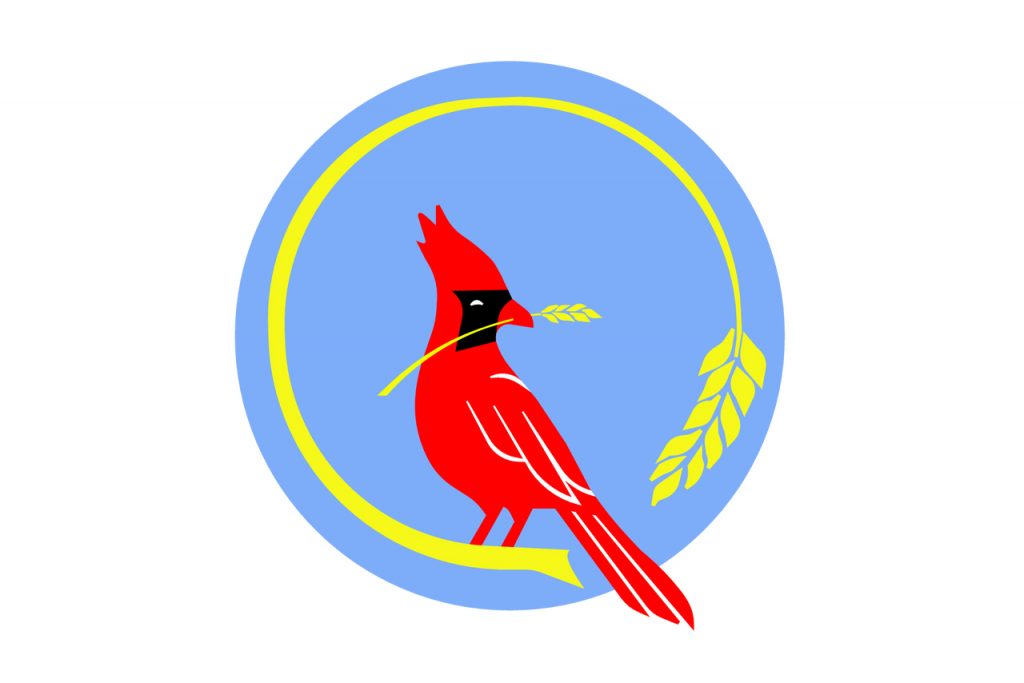
The new School Street Food Pantry is holding a drive for needed items, and giving donors the chance to win a $200 Alamo II gift card.

Intimate partner violence is a pervasive and preventable public health problem that affects millions of people each year.
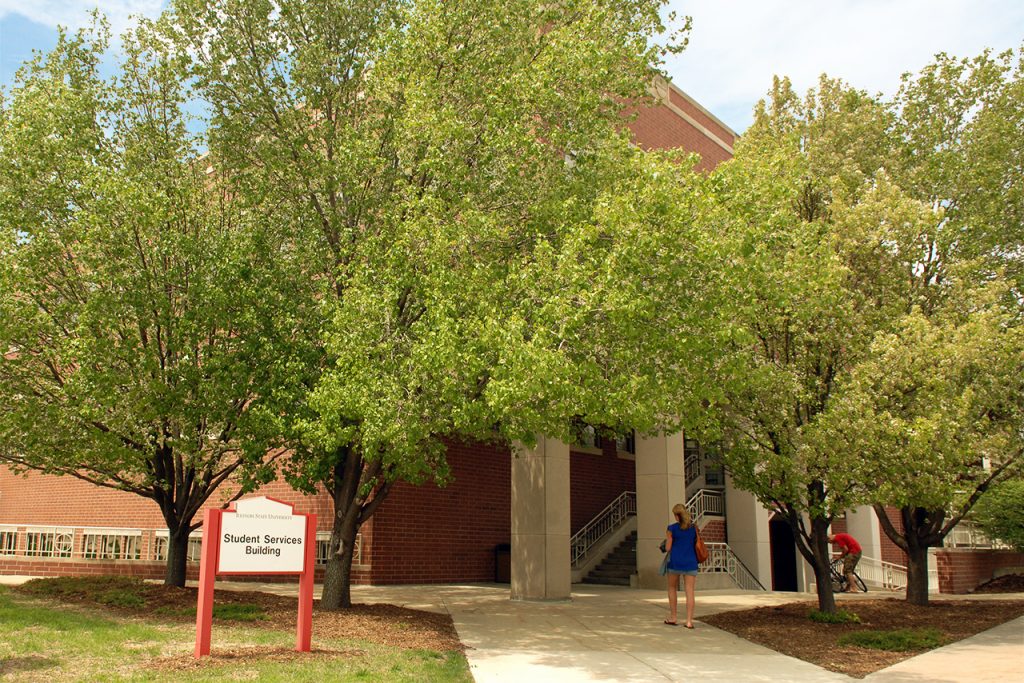
Domestic violence, or intimate partner abuse, refers to patterns of behavior used to gain power and control over a partner in an intimate relationship.
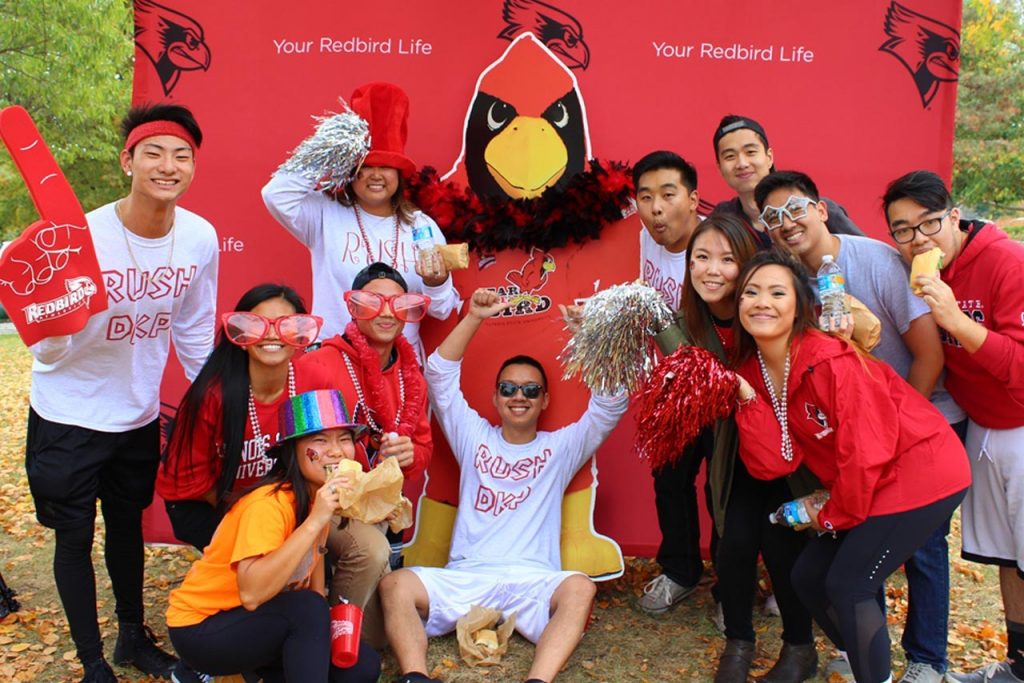
Reggie Redbird invites students to have fun after the parade and before the big game on October 13 at his Homecoming Tailgate, starting at 11:30 a.m. Students and their guests can enjoy free food, live music, yard games, a photo booth, door prizes, and more on the lawn outside Turner Hall. Door prizes include ISU T-shirts, jerseys,
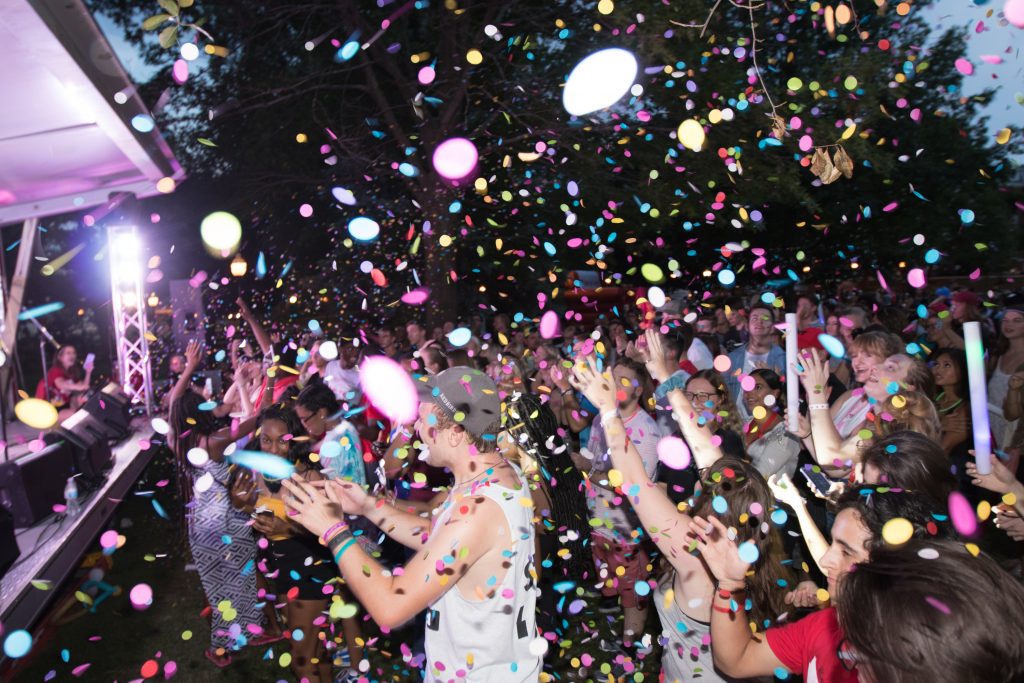
Social connections are central to our well-being.

Mindfulness is gaining successful momentum on college campuses, including the Illinois State community where mindfulness classes consistently take place.

Cholesterol is a waxy substance that the body needs to build cells, but too much of it can strain on our heart and blood vessels.
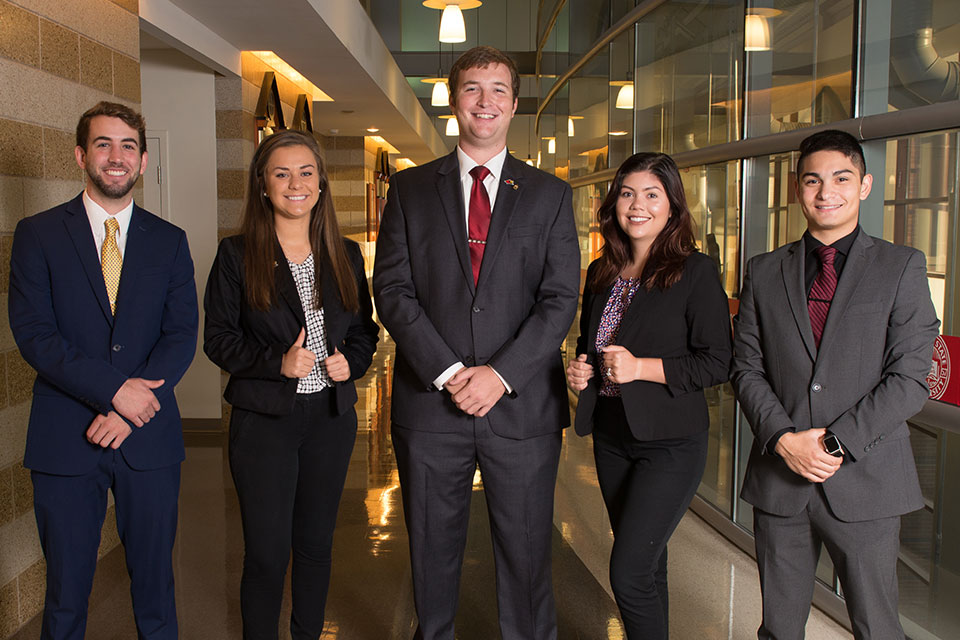
With over 160 employers attending, Redbirds interested in obtaining an internship or full-time position should save the date for the Fall Internship and Career Fair!
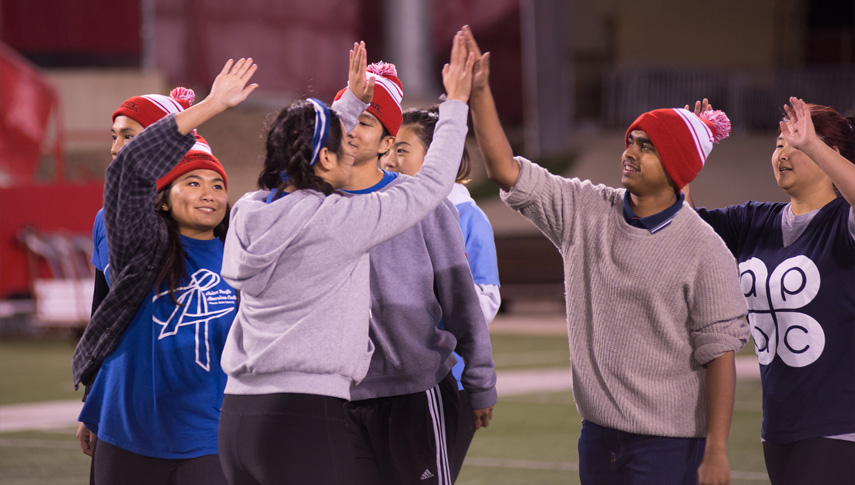
Understand the bystander effect—a phenomenon in which the greater the number of people present in a situation, the less likely someone is to help a person in distress.